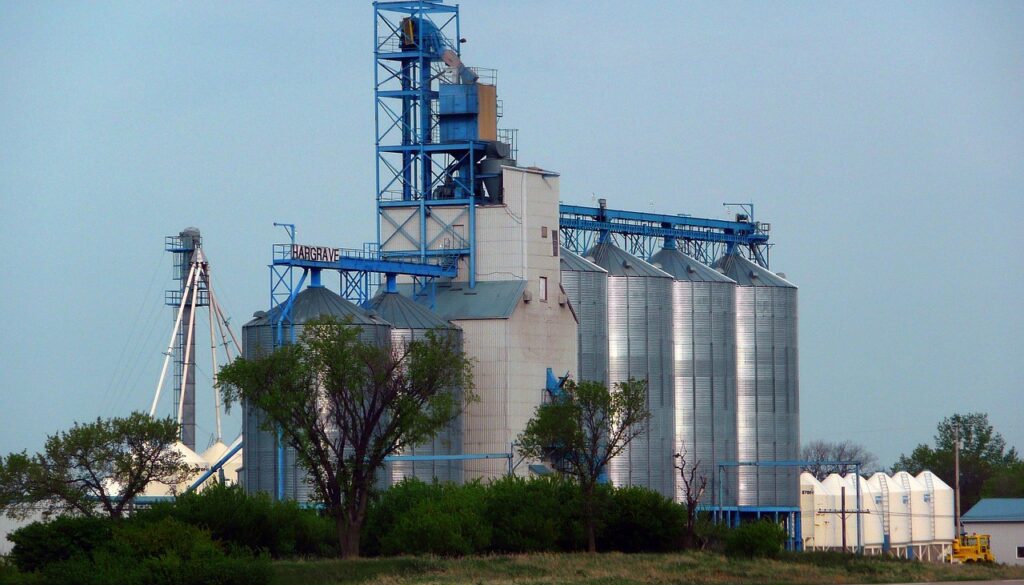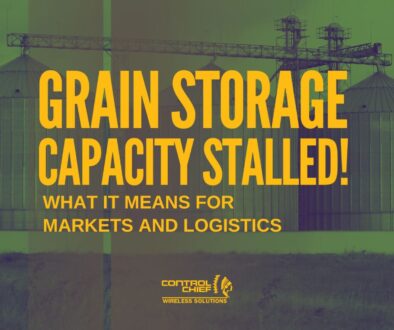Canada Clears $34 Billion Bunge-Viterra Merger with Key Conditions

In a landmark move for the agribusiness sector, Canada has given the green light to the $34 billion merger between U.S. grain merchant Bunge and Glencore-backed Viterra. This deal, one of the largest in the industry, positions the merged entity as a global powerhouse in crop trading and processing, rivaling major players like Archer-Daniels-Midland and Cargill.
The approval, however, comes with a series of stringent conditions aimed at addressing antitrust concerns and ensuring fair competition in the Canadian market.
Key Conditions of the Merger
Divestiture of Grain Elevators: According to both the Reuters article and the Ag Day update by Farm Journal, Bunge is required to divest six grain elevators in Western Canada. This move is intended to alleviate concerns about reduced competition in the grain purchasing market. As reported by Reuters, these grain elevators are a critical part of Western Canada’s agricultural infrastructure, representing a significant portion of the region’s elevator capacity.
Investment Commitment: Bunge has also committed to investing at least C$520 million ($362 million) in Canada over the next five years. This investment underscores Bunge’s long-term commitment to enhancing Canada’s agricultural sector.
Restrictions on G3 Influence: The merger includes controls on Bunge’s 25% stake in G3 Global Holdings, a partnership involving Saudi Arabia and Canadian farmers. As highlighted in the Ag Day video, this measure is designed to ensure Bunge cannot influence G3’s pricing or investment decisions, maintaining competitive balance in the market.
Maintaining Viterra’s Head Office: Another notable condition, reported by Farm Journal, mandates that Viterra’s head office must remain in Regina, Saskatchewan, for at least five years. This stipulation aims to preserve regional leadership and operational stability.
Implications for the Industry
This merger, as reported by both Reuters and Farm Journal, consolidates a significant portion of Western Canada’s grain elevator capacity under a single entity, comprising Bunge, Viterra, and G3. While this consolidation is expected to boost operational efficiencies and market reach, it also raises concerns about reduced competition for Canadian farmers.
Canada’s antitrust watchdog had flagged potential competition issues, particularly in grain purchasing and canola oil sales. The transport ministry’s conditions, including a price protection program for certain canola oil purchasers, aim to safeguard fair pricing and market stability.
Looking Ahead
With regulatory approvals nearing completion, the merger is expected to close in early 2025. Bunge CEO Greg Heckman expressed confidence in the deal, emphasizing its strategic importance in capitalizing on the anticipated surge in demand for biofuel production.
The Bunge-Viterra merger represents a significant reshaping of the global agribusiness landscape. With Canada’s conditional approval, the deal sets a precedent for balancing economic growth with robust regulatory oversight to protect competition and public interest.
For further details, you can view the full Ag Day update here and the comprehensive Reuters article here.
About Control Chief Corporation:
Control Chief Corporation specializes in providing high-quality industrial remote control solutions, specifically designed to meet the needs of the grain industry. Our cutting-edge locomotive remote controls enable grain producers to operate locomotives efficiently and safely during loading and unloading operations at grain elevators, railyards, and shipyards. With a focus on innovation and reliability, we help streamline operations and reduce manual labor, ensuring that grain businesses can meet their demands with minimal downtime. Learn more about how our remote control systems can improve your operations by visiting our locomotive remote controls page.
Related Videos from Control Chief Corporation
Views: 17



